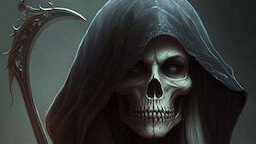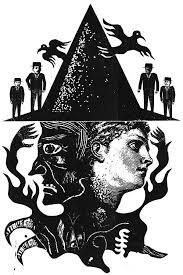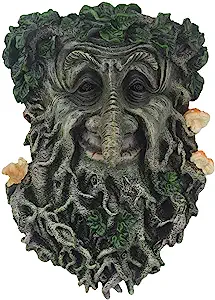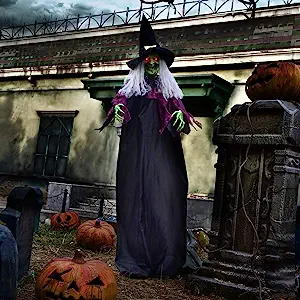Witchcraft traditionally means the use of magic or supernatural powers to harm others. A practitioner is a witch. The concept of witchcraft and the belief in its existence have persisted throughout recorded history. Most societies have believed in, and feared, an ability by some individuals to cause supernatural harm and misfortune to others.
Probably the best-known characteristic of a witch is their ability to cast a spell, or set of words and ritual to do magic. Spells were cast by many methods, such as the inscription of runes or symbols on an object to give that object magical powers. The binding of a wax or clay image of a person to affect them magically.
There are three kinds of witch in popular belief: The “neighborhood witch” or “social witch”: a witch who curses a neighbor following some dispute. The “magical” or “sorcerer” witch: either a professional healer, sorcerer, seer or midwife, or a person who has through magic increased her fortune to the perceived detriment of a neighboring household; due to neighborhood or community rivalries, and the ambiguity between positive and negative magic, such individuals can become branded as witches. The “supernatural” or “night” witch: portrayed in court narratives as a demon appearing in visions and dreams.
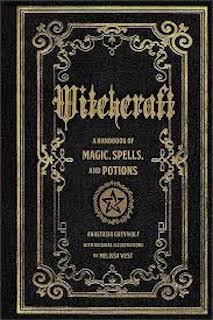
Belief in witchcraft continues to be present today in some societies and accusations of witchcraft are the trigger for serious forms of violence, including murder. In Tanzania, about 500 old women are murdered each year following accusations of witchcraft or accusations of being a witch. In Saudia Arabia practicing witchcraft and sorcery is a crime punishable by death.
Every year, hundreds of people in the Central African Republic are convicted of witchcraft. Christian militias in the Central African Republic have also kidnapped, burnt and buried alive women accused of being ‘witches’ in public ceremonies.
In April 2008, in Kinshasa, the police arrested 14 suspected victims of penis snatching and sorcerers accused of using black magic or witchcraft to steal (make disappear) or shrink men’s penises to extort cash for cure, amid a wave of panic. Arrests were made in an effort to avoid bloodshed seen in Ghana a decade ago, when twelve alleged penis snatchers were beaten to death by mobs.
It was reported that a mob in Kenya had burnt to death at least eleven people accused of witchcraft in 2008.
In Malawi it is common practice to accuse children of witchcraft and many children have been abandoned, abused, and even killed as a result.
In Nigeria, over the past decade around 15,000 children have been accused, and around 1,000 murdered. Churches are very numerous in Nigeria, and competition for congregations is hard. Some pastors attempt to establish a reputation for spiritual power by “detecting” child witches, usually following a death or loss of a job within a family, or an accusation of financial fraud against the pastor. In the course of “exorcisms”, accused children may be starved, beaten, mutilated, set on fire, forced to consume acid or cement, or buried alive.
Belief in the supernatural is strong in all parts of India, and lychings for witchcraft are reported in the press from time to time. Around 750 people were killed as witches is Assam and West Bengal between 2003 and 2008.
Reports of similar crimes of witchcraft and the punishment are found all over the world.
